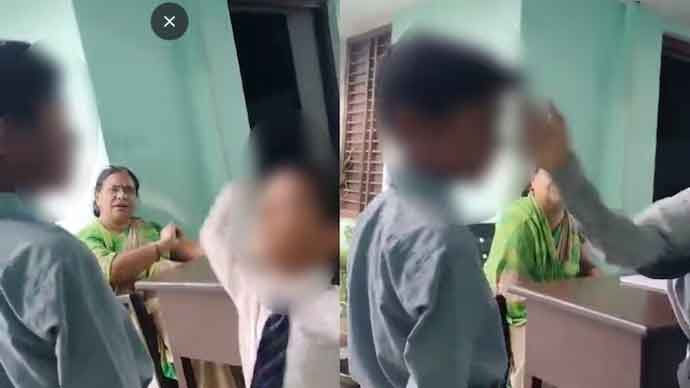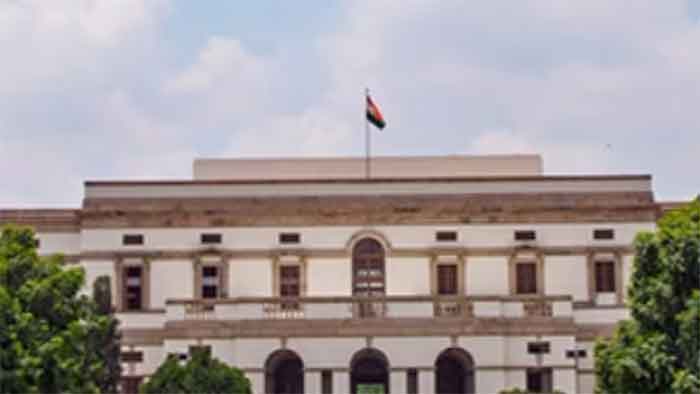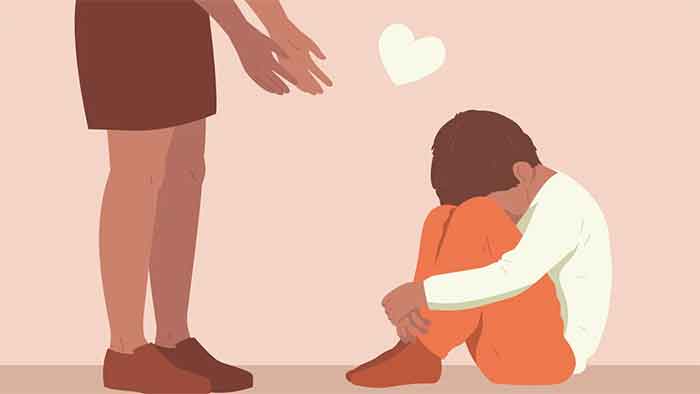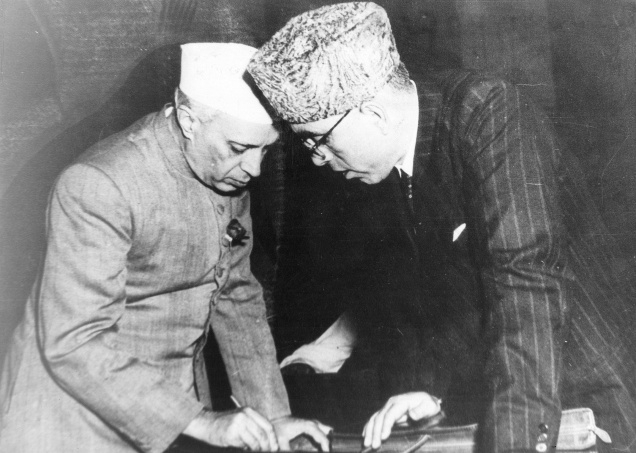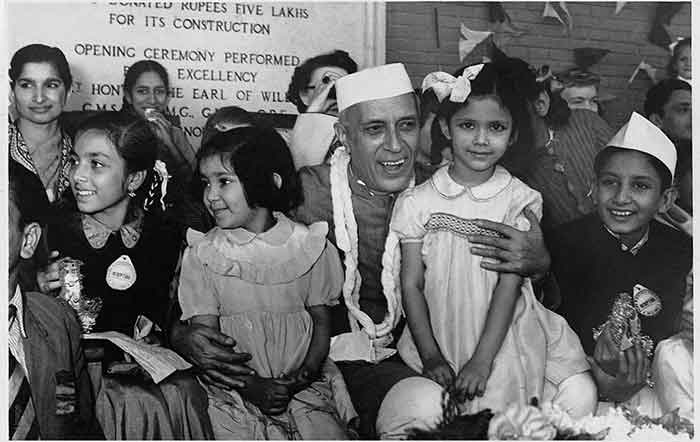
Children’s Day or Bal Diwas in India is celebrated every year on Nov. 14th, six days before the rest of the world, on the birth anniversary of the first Prime Minister of India, Jawaharlal Nehru. This year marks Nehru’s 131st birth anniversary. Children’s day, originally, was celebrated on Nov. 20th as Universal Children’s Day by the United Nations. India also used to celebrate Children’s Day on 20th Nov. every year before 1956 as the United Nations had declared the day as Universal Children’s Day in 1954. However, after the death of PM Nehru in 1964, a resolution was passed in the Parliament unanimously declaring the day of his birth annually 14th Nov. as National Children’s Day in India.
Nehru was fondly called ‘Chacha Nehru’ because of his deep attachment to children. The day is celebrated to promote children’s education as he believed that children are the real gem and foundation of any society. Nehru was not only passionate for kids but he was also responsible for the establishment of the ‘Children’s Film Society India’ in 1955 to create indigenous cinema for children. He endorsed institutions to empower children and youth minds so that they know their rights and get educated and stand up independently. According to him, “the children of today will mark the India of tomorrow. The way we bring them up will determine the future of the country”.
The day is well organized for spreading awareness about the rights, healthcare, and education of a child. In schools, events are organized and ignited minds are invited to address young learners to realize the ideals and thoughts of PM Nehru and sensitize the need for education for their upward social mobility. In schools, libraries, and community parks, children are given gifts. Teachers and parents also organized cultural functions and friendly competitions on this day.
A child means every human being before the age of 18 years. This is a universally accepted definition of a child. The United Nations Convention on the Right of the Children (UNCRC) has underscored certain rights for children. These are, A) Right to survival – to life, health, nutrition, name, nationality. B) Right to development – to education care, leisure, recreation, cultural activities. C) Right to protection – from exploitation, abuse, neglect. D) Right to participation – to expression, information, thought, religion. Further, the Constitution of India has also guaranteed some rights to children. These are, A) Right to free and compulsory elementary education for all children in the 6-14 years of age-group (Article 21A). B) Right to be protected from any hazardous employment till the age of 14 years (Article 24). C) Right to be protected from being abused and forced by economic necessity to enter occupations unsuited to their age or strength (Article 39 e). D) Right to equal opportunities and facilities to develop in a healthy manner and conditions of freedom and dignity and guaranteed protection of childhood and youth against exploitation and moral and material abandonment (Article 39 f)
India is the second-largest populated country. Though India’s children account for more than one-third of its population, their interests have never been given due priority and their rights have been violated every single day. The violation of child rights has frequently been reported in different parts of the country. Several issues like child trafficking, sexual abuse, child rape, female feticide, bullying, drug addiction, deprivation of underprivileged children, etc. have appeared across the country. According to the National Crime Record Bureau (NCRB) data, a child is either kidnapped or sold by parents because of poverty every eight minutes. Similarly, the NCRB (2015), about 8800 cases of child rape had been reported in India where it was revealed that 94.8 percent cases where children were assaulted by someone who is known to them.
Child labor is again a big issue in India. According to the Census (2011), there are 10.1 million child laborers (5.6 million boys & 4.5 million girls) where about 62.8 percent of them are working in hazardous industries. According to a Campaign Against Child Labour study, the employment of child laborers is largely observed in places like Uttar Pradesh, Delhi, Andhra Pradesh, Rajasthan, Bihar, and Madhya Pradesh. Besides, it was also reported that children who work in different industries also get less paid and work for a long hour per day. They work and live in unhygienic residences or colonies and they are vulnerable to different sorts of incurable diseases.
The violation of child rights is also being reported in educational institutions. Article 21A of the Indian Constitution ensures free and compulsory education for children of 6-14 years of age. India has its successful tally in the enrolment of children that is 74.04 percent (Census, 2011). However, the attainment of quality school education is still a far dream. According to the Annual Status of Education Report (ASER, 2018), about 49.7 percent from class V and 27.2 percent from class VIII cannot read class II level textbooks. Also, about 72.2 percent from class V and 56 percent from class VIII cannot do a simple mathematical division. Poor school infrastructure, underqualified teachers, teacher absentees, poor governance, unavailability of required physical infrastructure, etc. are the interplay causes for students’ poor performance.
The United Nations Convention on the Right of the Children (1992) ensures children the right to life, right to health, and right to nutrition. The flagship program like Mid-Day Meal is implemented in India to avail minimum nutrition supplements to school-going kids. However, it was reported that due to corruption and mismanagement, the distribution is not regular and equally accessible to every school especially to those schools located in the remote or rural village areas. Besides, the meal available to children is not up to the mark in terms of quality. In 2019, several cases were reported where children become ill and admitted to hospitals after having mid-day meal in schools in places like Maharashtra, West Bengal, Rajasthan, Assam, and so on. Further, regarding the health and hygiene conditions of schools, it was found that many schools in rural locales have a single classroom. Many schools have no toilet facility. The living condition of schools is very poor and not fit to foster young kids.
In closing, it is to say that the incidences of violation of child rights are the reflection of how society is moving towards. The day is celebrated to create awareness of education and child rights among the general population. The child rights violation in India is an issue that needs to be addressed promptly at both national as well as local levels. India has several child rights and laws like POCSO Act (2012) and Child Labour – Prohibition and Regulation Act (1986) that need to be embedded in every corner of the country. Besides, institutions and parents need to pay special attention to the issues of the violation of children’s rights and pertinent crimes and offenses. Further, a united endeavor must be taken from NGOs, communities, and government bodies to ensure child rights to make this world a safe and enjoyable place for our children.
Nawaz Sarif is a Ph.D. scholar and a UGC fellow at the School of Education, North-Eastern Hill University (NEHU), Shillong, India. He has completed his master’s degree at Banaras Hindu University (BHU), Varanasi, India. Presently, he works on ‘the development of psychological capital in the young population’. Along with the research, he writes short articles on contemporary issues. Email: [email protected]
SIGN UP FOR COUNTERCURRENTS DAILY NEWSLETTER

